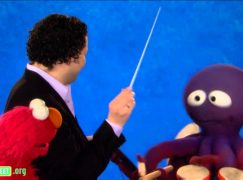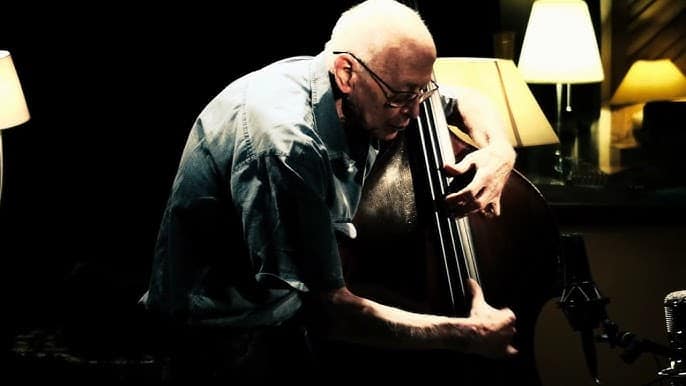Grooming the girl at the opera. It makes me feel queasy.
mainDo you, like me, feel a tiny bit queasy at today’s report that Prince Charles has been dragging his daughter-in-law, the former Kate Middleton, to watch opera and ballet at Covent Garden? Ostensibly, the idea is to inculcate her as a future patron of the arts, our lady of the muses.
Three reasons for queasiness:
1 Standard rulebook for fathers-in-law: stay out of the cultural lives of your children’s spouses.
2 Covent Garden was Princess Diana’s patch. She used to go there in private moments of distress, shielded from the public gaze by my late friend Ewen Balfour. Charles knows that. What is he thinking?
3 The UK arts will get very excited at getting a new royal on board. They shouldn’t. The idea of royal patronage is antideluvian, a deterrent to young audiences and people who (perhaps like Kate) are trying to discover opera and ballet for themselves.
Distinctly queasy. You, too?






I agree. Royal patronage for the arts is fine if the royal concerned shows the slightest sign of bec=ing actually interested and wanting to be there. If the Duchess of Cambridge doesn’t, and why should she, leave it to those who do.
Oh Norman. Maybe, just maybe, she actually might enjoy it? Where is the suggestion that she was dragged, or is being ‘groomed’? She did study history of art for her degree. As as for it being ‘Diana’s patch’ – she’s been dead for more than half Kate’s life – I hardly think that is of any relevance….
Quite. The report linked to says that the Duchess is keen to become a patron of the arts, and I’ve understood from previous reports that she does enjoy ballet, at least – I’ve no idea about opera. If she does, where’s the problem? The report hardly suggests that she’s being dragged there against her will and forced to endure performances. Young people seem to be influenced by what people they look up to do, and the Duchess seems to have quite a following among young people, so perhaps her presence may actually encourage them to investigate for themselves. Covent Garden is hardly packed to the rafters with old fuddy-duddies these days, after all.
I agree with Nick Shadow. Many people enjoy Opera – of all age groups. My grandaughter has loved it since the day she was born and listens to Opera whilst reading in bed. She is now 8!
Dragged! Perhaps she was encouyraged to go if she hasn’t visited the opera very much or perhaps she said “Wow, I would love to”.
And I am so sick of people making statements like “Following in Diana’s footsteps” or “William is his mothers son”. Yes he is but he is Prince Charles son as well and Prince Charles has had the biggest role in their upbringing after their mothers untimely death. Let the girl find her own way. She is pretty, always smiling and seems to have a good head on her shoulders – let her use it! ,
The Royal Opera and Covent Garden receive about 70 million dollars a year from the UK government. The Royal family represents the government, so from that perspective, their attendance is an important and valued statement about the arts in the UK. (For once, Charles seems to be doing something right!)
The irony is that aristocrats are, in effect, representing a social democracy’s system of publically funding the arts. I hope the Brits will maintain their public funding system. It works so much better than the American approach of funding by donations from the wealthy. Please hang onto your European sensibilities which in so many respects are more humanistic.
Actually, William, much less. The Arts Council grant is about $45 million, I think (am abroad so can’t check precisely).
Sorry. My sentence is vauge. I meant to say that the ENO and Royal Opera *together* receive 70 million dollars. The exact numbers in Pounds: ENO 18,435,959, and Royal Opera 28,436,991. Together that is 46,872,950 Pounds which equals 74,962,834.16 US dollars.
The complete table for Arts Council funded organizations, along with their recent cuts, is here:
https://docs.google.com/spreadsheet/ccc?key=0AonYZs4MzlZbdEN5RV9TaVJvbUxncElfTkxjMFVYLXc#gid=0
The figure may be wrong. But the observation is right. As long as symbolic institutions like the Royal family are supported by public funds, they should lend the weight of their authority (and in the case of Kate Middleton, their popularity) to the visible support of other embattled institutions that are far more than symbolic.